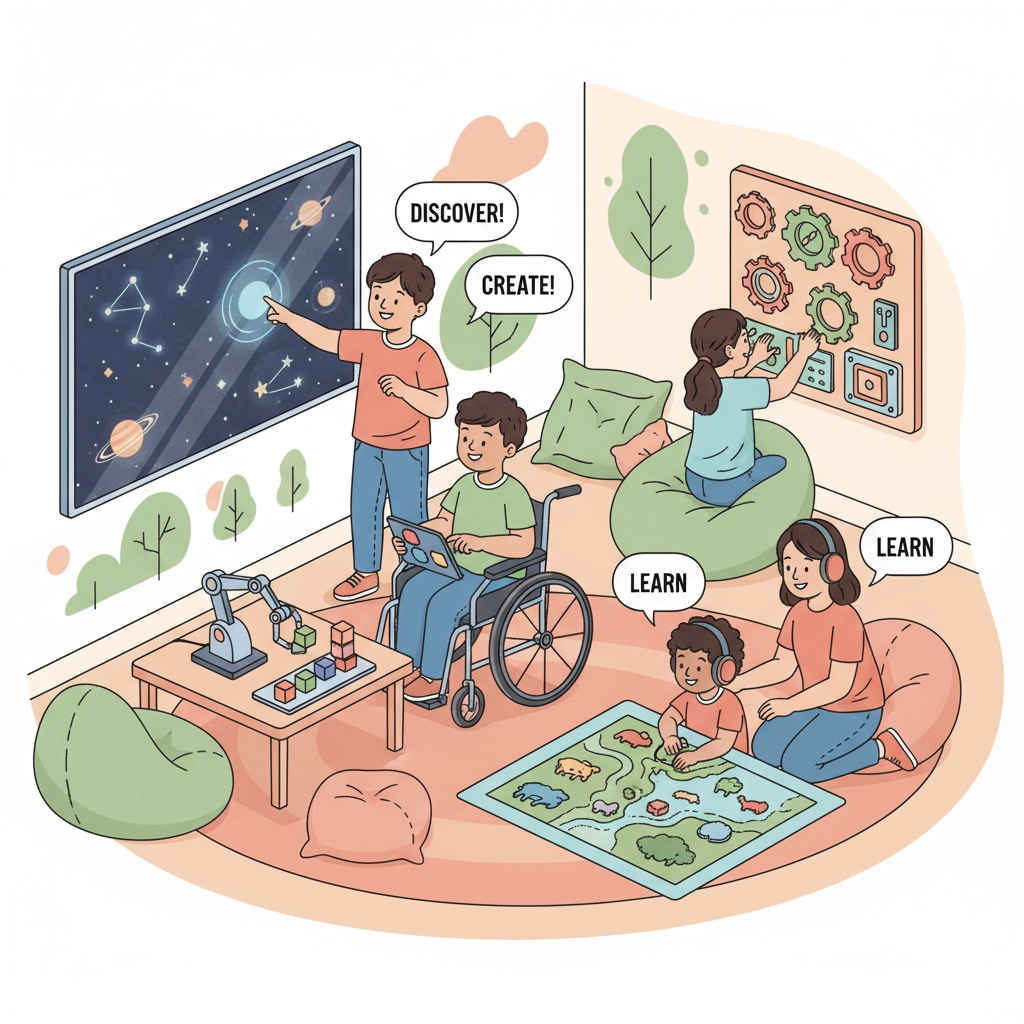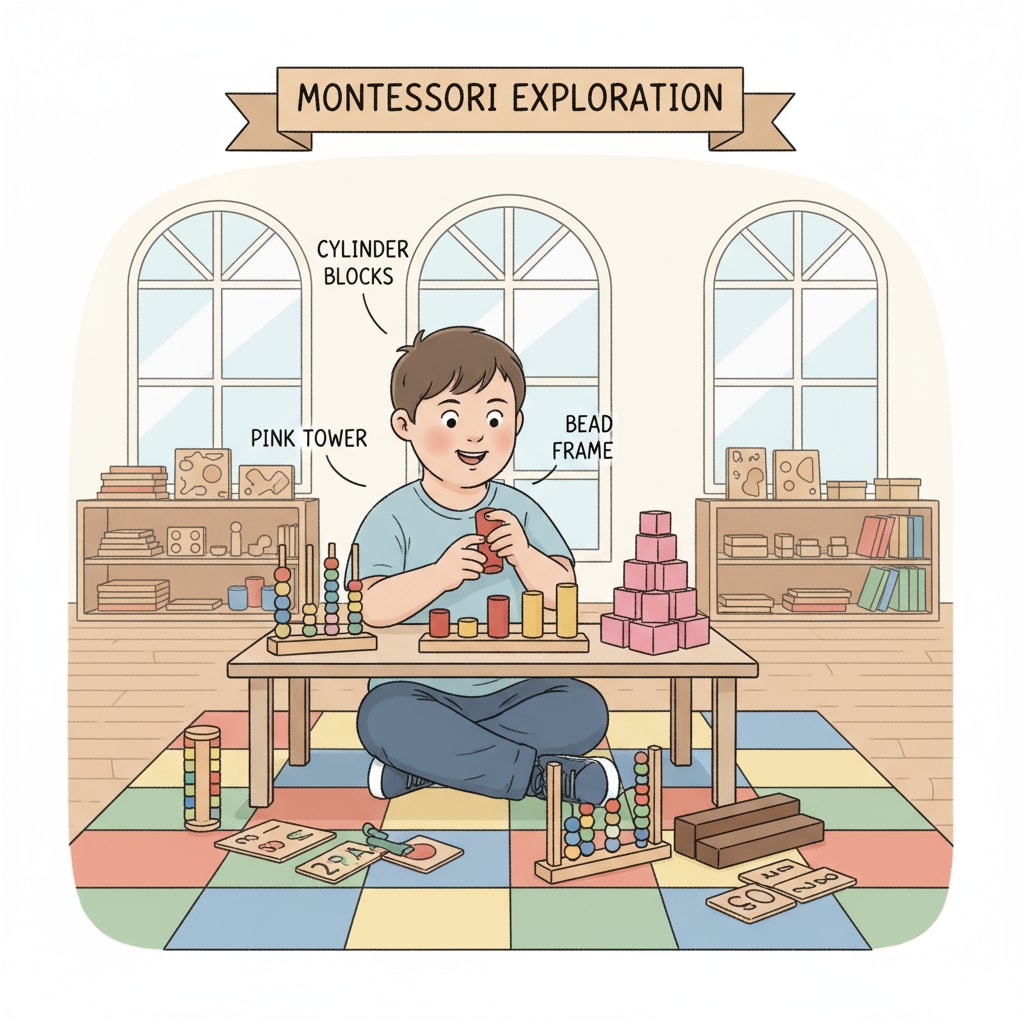School trauma, special needs, and alternative education options are topics that demand our attention when traditional educational settings fall short for special needs children. For these kids, the rigid structure and one-size-fits-all approach of conventional schools can lead to feelings of isolation, frustration, and a lack of progress. This is where exploring alternative education models becomes not just an option but a necessity.

Understanding School Trauma in Special Needs Children
School trauma in special needs children often stems from the inability of traditional schools to accommodate their unique learning requirements. For example, a child with dyslexia may struggle in a classroom where reading and writing are taught in a standard way. The constant pressure to keep up with peers, coupled with repeated failures, can cause significant emotional distress. According to the American Psychological Association, such experiences can lead to long-term psychological issues if not addressed properly.
Montessori: A Holistic Approach for Special Needs
The Montessori method offers a promising alternative. It focuses on individualized learning, allowing special needs children to progress at their own pace. In a Montessori classroom, materials are designed to engage the senses, which can be particularly beneficial for children with sensory processing disorders. For instance, children can learn math concepts through hands-on activities with physical objects. As stated on Wikipedia’s page on Montessori education, this approach respects the natural development of each child, reducing the likelihood of school trauma.

Democratic Schools: Empowering Special Needs Students
Democratic schools are another alternative worth considering. These schools operate on the principle of student self-governance. Special needs children in democratic schools have a say in what and how they learn. This autonomy can boost their confidence and motivation. For example, a child with attention deficit disorder may find it easier to focus when they are involved in choosing the activities they are interested in. This environment can help transform the negative experiences of traditional schools into positive growth opportunities.
In conclusion, when traditional schools fail special needs children, exploring alternative education options such as Montessori and democratic schools can be a game-changer. By doing so, we can help these children overcome school trauma and thrive in an environment that truly meets their special needs.
Readability guidance: Short paragraphs and lists are used to summarize key points. Each H2 has a list-like explanation. Passive voice and long sentences are controlled. Transition words are added throughout the text for better flow.


